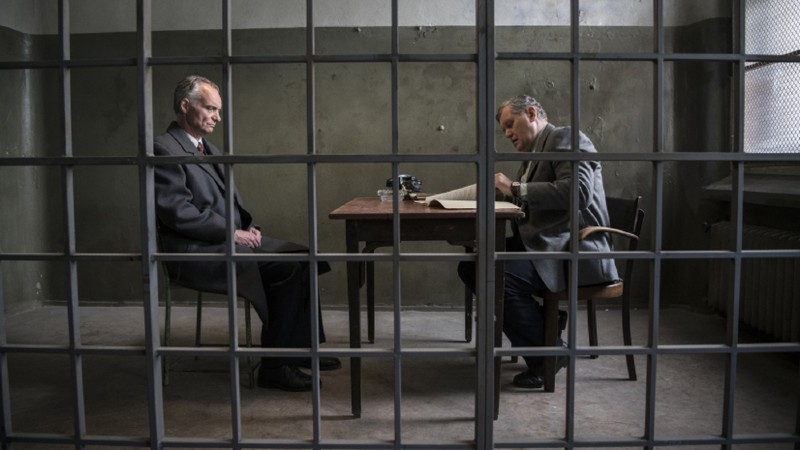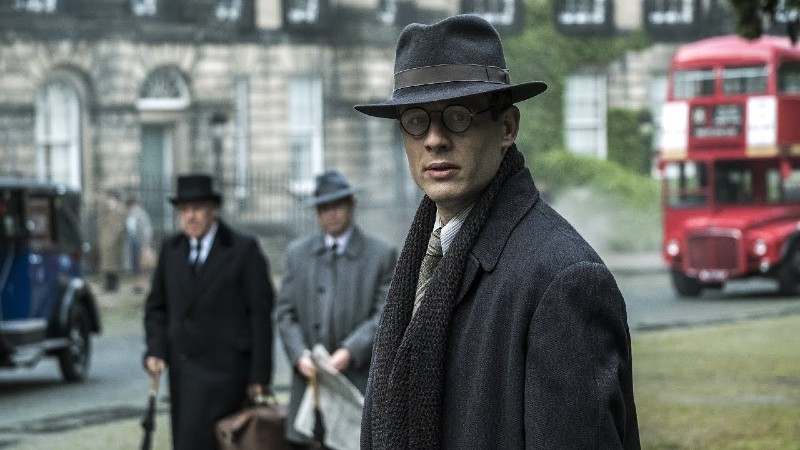Agnieszka Holland’s Green Border is a passionate and poignant portrayal of the plight of Asian and African refugees (particularly from Syria and Afghanistan) attempting to enter Poland via its southern border with Belarus.
The film is divided into numerous chapters: the personal stories of refugees. They include a young border guard and his family, a group of activists, and psychotherapist Julia (Maja Ostaszewska). Each one of these stories unfolds and complements each other in a clear and dramatically fulfilling way. The.emotional journeys are colossal, and genuinely moving. The characters face an ethical dilemma: should you follow your human instincts or state rules? This year’s international Oscar winner Zone of Interest (Jonathan Glazer) deals with a similar topic. a family chooses to ignore the extermination camp immediately adjacent to their home. Perhaps they are able to do so because they do not see the suffering – they only hear it. In Green Border, some people too opt to ignore the suffering of the refugees. Others put their heart and soul into helping their fellow human beings, even if that means risking their own safety and freedom.
The most spectacular change is that of Julia. At first, she tell her online patients that there is no point in getting involved in politics because they can’t change anything. After witnessing some extremely brutal incidents on the border, she decides to take matters into her own hands, and takes risks that few dare. A border guard is torn between duty and trauma. In some ways, he’s proud of what he does. Plus, he has to provide for his family. Yet he decides to lend a hand to an “illegal” refugee, allowing humanity to prevail above compliance and complicity. Meanwhile, Polish authorities welcome Ukrainian refugees with open arms. Despite the warm reception, these people too are traumatised. Green Border makes it abundantly clear that that leaving one’s home in circumstances of severe adversity is never easy, and that host nations have a moral obligation to treat asylum seekers in a humane and respectful way.
The political context is complicated. Belarusian president Alexander Lukashenko facilitated the transfer of Asian and African refugees to Belarus with a view that they could then cross the border to Poland, in the European Union. This arrangement was designed to create problems. and it was never sanctioned by the EU or even discussed with the Polish authorities. As a result, Syrian and Afghan refugees find themselves treated as illegal aliens literally thrown back into Belarus, through barbed wires fences. Some perish during their attempts to seek asylum in Poland. The situation on the border has been the subject of protests in the liberal Polish media. There have been street demonstrations against the treatment of these refugees. The suggestion has been that they are not taken in – contrary to international treaties – because they are not white, and also because most are Muslims.
Shot in black and white in documentary style, Green Border evokes familiar WW2 images. These characters are reminiscent of the resistance soldiers, hiding in the forests, chased and often murdered by the Nazis. Here, a senior border officer instructs young guards to be merciless to the non-European refugees coming through from Belarus because they aren’t human. “Don’t be taken by supposedly heart rendering stories about their children” , he explains. ” They often buy them in order to gain your sympathy, and they then will sell them on, or worse’.
This is a controversial, radical and bold movie, with a harrowing subject and also a touch of optimism. The state-controlled, conservative media accused Holland of being “anti-Polish”. The 75-year-old filmmaker is no stranger to political messages, yet Green Border goes a step further. This is a rallying call for action against injustice and racism. In other words, Green Border is an activist film. The epilogue stresses that white, blue-eyed Ukrainian refugees have been granted completely different privileges to the ones from Syria or Afghanistan .These people are victims of racial and religious discrimination.
Green Border premiered in the Official Competition of the 80th Venice Film Festival, in September 2023. It showed at the Kinoteka Film Festival in London. It’s in cinemas on Friday, June 21st.











